“Vocabulary: The Key to Unlocking Language and Knowledge”强调了词汇在语言学习与知识获取中的关键地位,词汇是构建语言的基石,丰富的词汇量能让学习者更准确、流畅地表达思想,它也是打开知识大门的钥匙,帮助我们理解各种学科领域的书籍、文献等,通过学习词汇,我们能更好地与他人交流,拓展思维边界,深入探索不同领域的知识,无论是日常交流还是学术研究,都离不开词汇的支撑,重视词汇的积累和学习,对于提升语言能力和获取知识至关重要。
Vocabulary is the cornerstone of language learning and communication. It is the building blocks that we use to express our thoughts, ideas, and emotions. Without a rich vocabulary, we would be limited in our ability to communicate effectively and understand the world around us. In this article, we will explore the importance of vocabulary, different ways to expand it, and how it can enhance our language skills and knowledge.
I. The Importance of Vocabulary
-
Effective Communication Vocabulary is essential for clear and accurate communication. The more words we know, the more precisely we can convey our intended meaning. We can express complex ideas, describe emotions, and make our conversations more engaging and interesting. For example, if we want to describe a beautiful sunset, we can use words like "gorgeous," "majestic," "serene," or "stunning" instead of just saying "nice." A wide vocabulary allows us to choose the most appropriate word for the situation, which helps to avoid misunderstandings and confusion.
-
Comprehension A good vocabulary also plays a crucial role in understanding what we read and hear. When we encounter unfamiliar words in a text or a conversation, our ability to understand the overall meaning depends on our knowledge of those words. If we have a limited vocabulary, we may struggle to understand the context and miss important details. By expanding our vocabulary, we can better understand various types of literature, academic papers, and even everyday conversations.
-
Cognitive Development Learning new words exercises our brain and enhances our cognitive abilities. It improves our memory, concentration, and problem-solving skills. When we encounter new words, we have to process and remember them, which activates different areas of the brain. This mental exercise helps to keep our minds sharp and active. Additionally, a rich vocabulary gives us more tools to think and express ourselves, allowing us to explore different perspectives and ideas.
-
Confidence and Self-Expression Having a wide vocabulary gives us confidence in our language abilities. We feel more comfortable expressing ourselves and are less likely to feel inhibited or self-conscious. We can communicate with ease and自如, and this confidence can translate into other areas of our lives as well. Moreover, being able to express ourselves clearly and effectively can help us build better relationships and make a positive impression on others.
II. Ways to Expand Vocabulary
-
Reading One of the most effective ways to expand vocabulary is through reading. Reading exposes us to a wide range of words in different contexts. We can encounter new words in books, newspapers, magazines, and online articles. When we come across an unfamiliar word, we can look it up in a dictionary or try to infer its meaning from the context. By reading regularly, we gradually build up our vocabulary and become more familiar with different word usage and meanings.
-
Listening Listening to podcasts, audiobooks, or conversations in a target language is another great way to expand vocabulary. We can hear new words and their pronunciation, which helps us to remember them better. We can also pay attention to the context in which the words are used and try to understand their meaning. This can improve our listening comprehension and expand our vocabulary simultaneously.
-
Learning New Words Every Day We should make a habit of learning new words every day. We can use flashcards, vocabulary apps, or online resources to learn new words. We can also keep a vocabulary notebook and write down new words that we come across during the day. Reviewing these words regularly will help us to remember them better.
-
Using Context Clues When we encounter an unfamiliar word, we can try to use context clues to infer its meaning. Context clues are hints or information in the surrounding text that can help us to understand the meaning of a word. For example, we can look at the words before and after the unfamiliar word, the sentence structure, or the overall theme of the text. By using context clues, we can often figure out the meaning of a word without having to look it up in a dictionary.
-
Learning Word Roots, Prefixes, and Suffixes Understanding word roots, prefixes, and suffixes can help us to expand our vocabulary more efficiently. Word roots are the basic part of a word that gives it its meaning. Prefixes and suffixes are added to the root word to change its meaning or create a new word. By learning common word roots, prefixes, and suffixes, we can often guess the meaning of unfamiliar words even if we have never seen them before.
-
Using Vocabulary in Context Once we have learned a new word, it is important to use it in context. We can try to use the new word in our writing, speaking, or conversations. This will help us to remember the word better and also improve our language skills. We can also ask others to use the new word in a sentence to ensure that we understand its correct usage.
III. The Relationship between Vocabulary and Knowledge
-
Vocabulary and Reading Comprehension As we mentioned earlier, a good vocabulary is essential for understanding what we read. The more words we know, the more we can understand the text. We can also use our vocabulary to make connections between different ideas and concepts in a text. This helps us to gain a deeper understanding of the subject matter and enhances our critical thinking skills.
-
Vocabulary and Writing Vocabulary also plays a crucial role in writing. A rich vocabulary allows us to express our ideas more precisely and vividly. We can use a variety of words to describe a situation, an emotion, or a character. This makes our writing more engaging and interesting to read. Additionally, using the right words in the right context can improve the overall quality of our writing and make it more persuasive.
-
Vocabulary and Learning in General Vocabulary is not only important for language learning but also for learning in general. We need to know the right words to describe and understand the world around us. In academic and professional settings, we need to use specific vocabulary to communicate effectively with others. By expanding our vocabulary, we can open up new areas of knowledge and understanding.
IV. Conclusion
In conclusion, vocabulary is the key to unlocking language and knowledge. It is essential for effective communication, comprehension, cognitive development, confidence, and self-expression. We can expand our vocabulary through reading, listening, learning new words every day, using context clues, learning word roots, prefixes, and suffixes, and using vocabulary in context. By expanding our vocabulary, we can improve our language skills, gain a deeper understanding of the world around us, and open up new opportunities for learning and personal growth. So, let's make a conscious effort to expand our vocabulary and unlock the power of language.

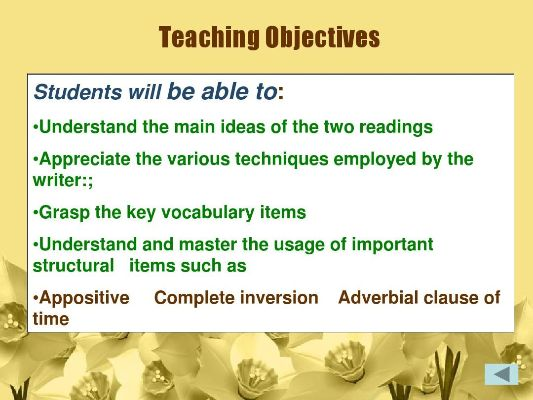
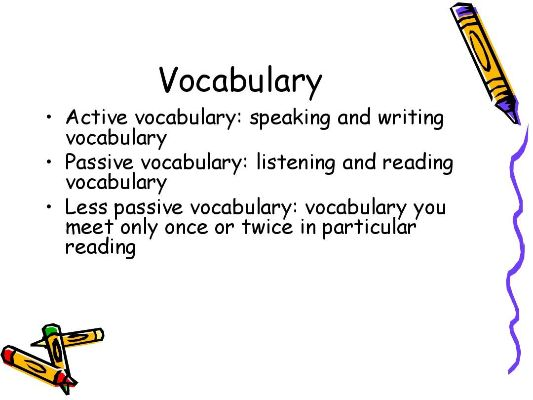
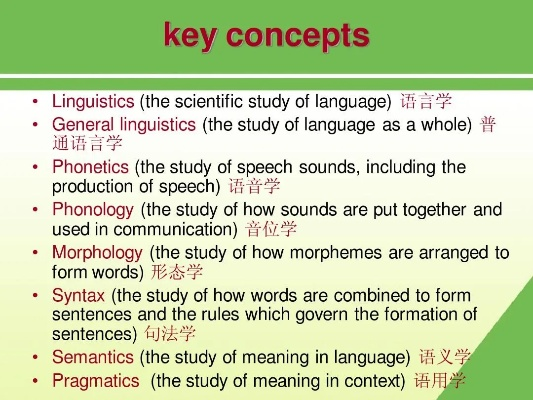
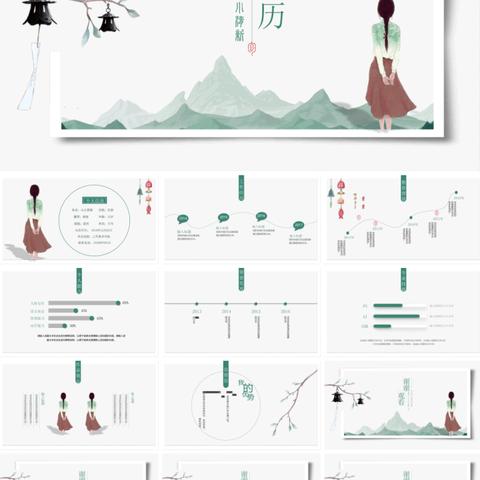
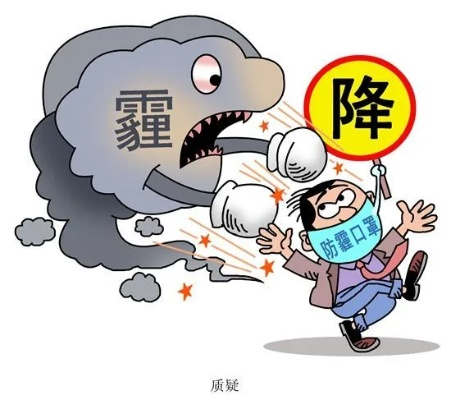








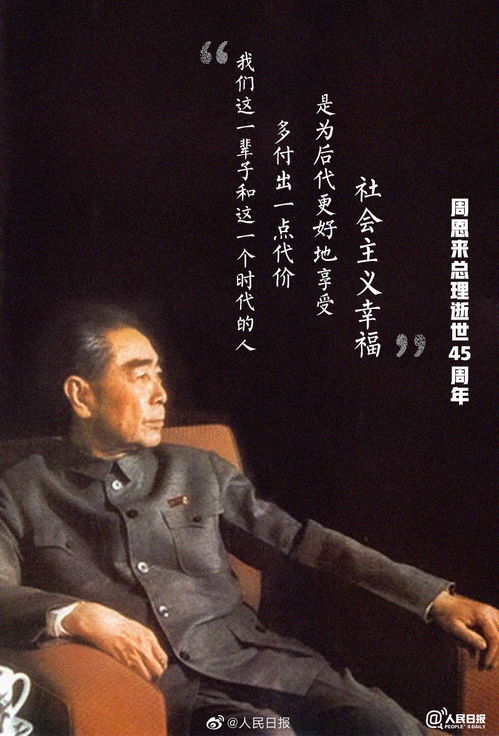

 京公网安备冀I陇ICP备2022000946号-1
京公网安备冀I陇ICP备2022000946号-1
还没有评论,来说两句吧...